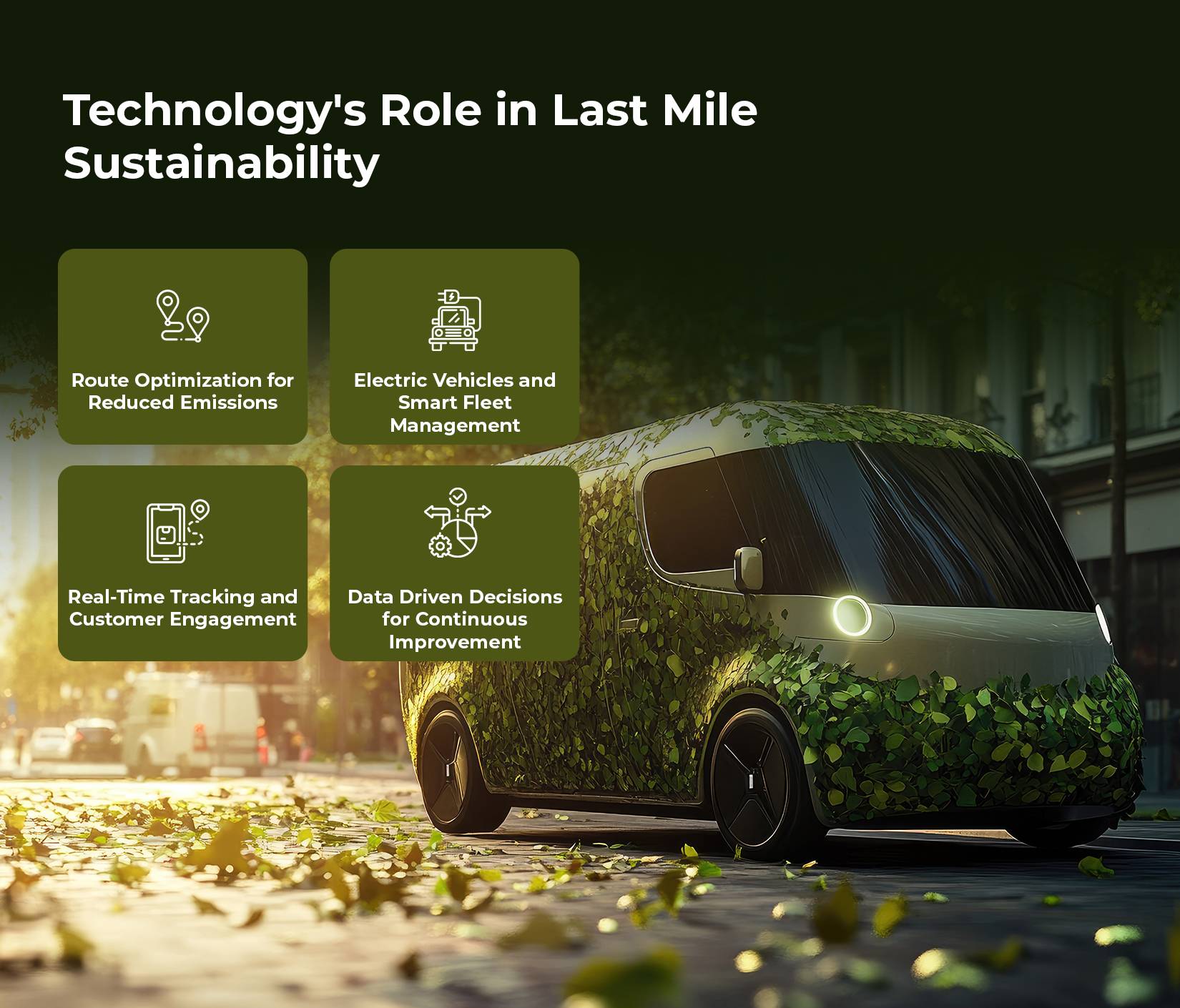Sustainability has become a key focus for companies as consumers increasingly prioritize eco-friendly practices. In the logistics sector, last mile delivery poses a significant challenge. The final leg of delivery—bringing products from a distribution hub to the customer—accounts for the majority of transportation costs and environmental impact. As e-commerce continues to grow, the demand for faster, more frequent deliveries intensifies, exacerbating environmental concerns. To build a sustainable network, companies must turn to technology, and last mile delivery software plays a critical role.
The Environmental Impact of Last Mile Delivery
According to recent studies, last mile delivery can account for up to 41% of total supply chain costs, largely due to inefficient routing and frequent stops. The rise in online shopping means delivery vehicles are on the road more often, contributing to higher emissions. A report by the World Economic Forum predicts a 36% rise in delivery vehicles in cities by 2030, increasing CO2 emissions by 32%. This puts immense pressure on businesses to adopt sustainable delivery practices.
Technology’s Role in Last Mile Sustainability
Technology can help companies build more efficient, eco-friendly networks. This is where last mile delivery software comes into play. Such solutions offer advanced route optimization, real-time tracking, and data-driven decision-making tools that reduce fuel consumption, limit vehicle usage, and lower emissions.

1. Route Optimization for Reduced Emissions:
One of the key features of last mile delivery software management is route optimization. By leveraging algorithms and real-time data, the software calculates the most efficient routes, taking into account traffic, weather, and delivery locations. This reduces unnecessary driving, cuts fuel costs, and decreases the carbon footprint of deliveries. According to a study by Capgemini, effective route optimization can lower delivery costs by up to 20%, while reducing CO2 emissions by nearly 30%.
2. Electric Vehicles and Smart Fleet Management:
The adoption of electric vehicles (EVs) is another trend that contributes to sustainability. With the help of last mile delivery software, companies can seamlessly integrate EVs into their fleets. The software helps manage vehicle charging, monitor battery life, and ensure that the fleet remains energy-efficient. Smart fleet management tools within the software also optimize vehicle utilization, reducing the total number of trips needed.
3. Real-Time Tracking and Customer Engagement:
Consumer expectations have shifted, with demand for real-time visibility into delivery status.Last mile delivery software offers real-time tracking, allowing customers to see their order’s progress and delivery window. This improves transparency and reduces failed deliveries, which in turn decreases the need for redeliveries—a common source of added emissions. In fact, failed deliveries account for approximately 5% of all last mile emissions, according to a report from McKinsey. By reducing this number, companies can significantly improve their sustainability metrics.
4. Data-Driven Decisions for Continuous Improvement:
Sustainability isn’t just about immediate reductions in emissions; it’s also about continuous improvement. With the software, companies can collect and analyze data on delivery performance, fuel consumption, and vehicle usage. This enables them to identify patterns, optimize operations, and make informed decisions that lead to long-term sustainability. For example, data analytics can highlight areas where electric vehicles or drones can replace traditional delivery trucks, further reducing the environmental impact.
The Future of Last Mile Sustainability
The future of sustainable last mile delivery will rely heavily on continued technological advancements. Autonomous vehicles, drones, and AI-driven logistics systems are all being tested to further enhance sustainability. The combination of the best last mile delivery software and these emerging technologies will enable companies to reduce costs, improve customer satisfaction, and, most importantly, minimize their environmental footprint.
Conclusion
Building a sustainable last mile delivery network is no longer optional—it is a necessity for companies that wish to remain competitive and socially responsible. Technology, particularly last mile delivery software management, plays an essential role in this transition. From route optimization to electric vehicle integration and data-driven improvements, the tools available today allow companies to enhance efficiency and reduce their environmental impact. As consumer demand for sustainable practices grows, businesses must continue to invest in these technologies to meet expectations and drive positive change in the logistics industry.
By leveraging the right technology, businesses can not only reduce costs but also contribute to a greener, more sustainable future. Click on the red button below and book a demo with LogiNext Mile, to learn more on the best last mile delivery software available today.
8





















